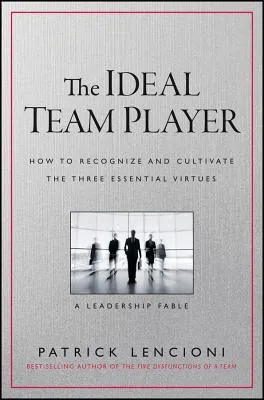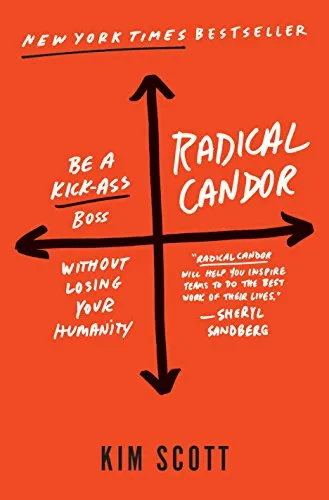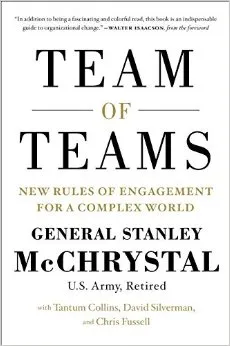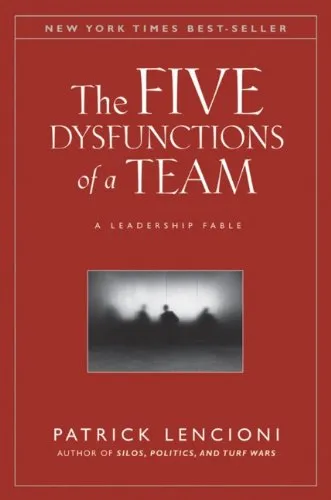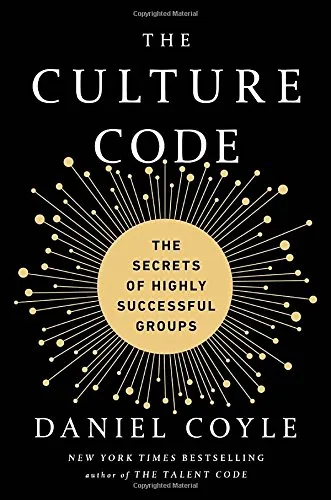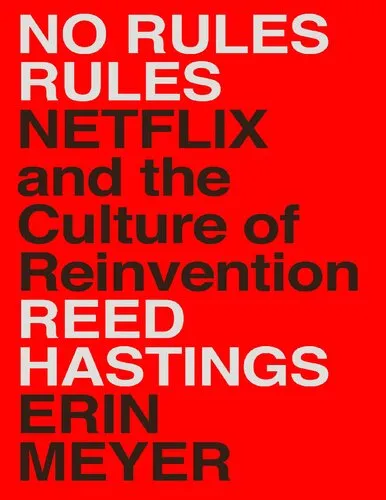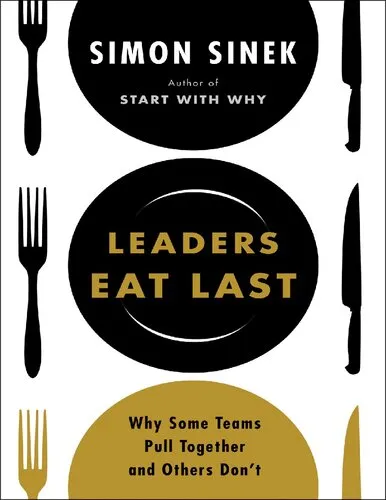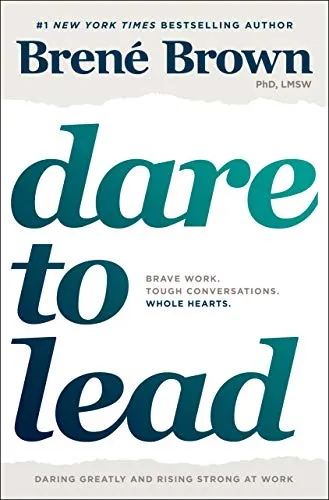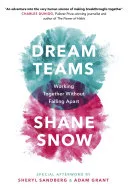The Ideal Team Player : How to Recognize and Cultivate the Three Essential Virtues
4.1
Reviews from our users

You Can Ask your questions from this book's AI after Login
Each download or ask from book AI costs 2 points. To earn more free points, please visit the Points Guide Page and complete some valuable actions.Related Refrences:
Persian Summary
Introduction to 'The Ideal Team Player : How to Recognize and Cultivate the Three Essential Virtues'
In the dynamic landscape of modern business, teamwork is often touted as one of the essential drivers of success. Yet, the complexity of human interactions and the unique dynamics of team environments can make effective collaboration elusive for many organizations. Patrick Lencioni, a renowned business advisor and author, offers profound insights into what makes an ideal team player through his engaging work, "The Ideal Team Player: How to Recognize and Cultivate the Three Essential Virtues." This book doesn’t just address the theoretical aspects of teamwork; it provides a pragmatic approach to identifying, employing, and nurturing team players who are crucial to an organization's growth and success.
Detailed Summary of the Book
"The Ideal Team Player" unfolds through the compelling story of Jeff Shanley, who faces the challenge of revamping his family business. Through a series of strategic maneuvers, discoveries, and realizations, Jeff unravels the secret to building a high-performing team distilled into three virtues: Humble, Hungry, and Smart. Lencioni uses this narrative to deliver actionable insights that leaders and managers can use to identify these essential virtues in candidates for recruitment and development.
The book stresses that while technical skills and experience are important, they are not enough to secure team success. It emphasizes the need for personal qualities in team members that foster genuine collaboration and collective achievement. These three virtues are meticulously elaborated upon, alongside ways to cultivate them within existing team members and to evaluate these virtues in potential hires.
Key Takeaways
- Humility is the foundational virtue of a great team player. Humble individuals are quick to praise others and slow to seek attention.
- The virtue of being Hungry translates to having a deep-seated drive to work hard and go above and beyond expectations consistently.
- Smart entails having common sense about people. It's not about IQ but about showing expertise in interacting with others thoughtfully and maturely.
- To cultivate these virtues, it's essential to embed them into the hiring process, performance reviews, and daily team interactions.
Famous Quotes from the Book
“For organizations seriously committed to making teamwork a cultural reality, I am convinced that 'the ideal team player' model is the best way to achieve your goal.”
“When it comes to teamwork, the combination of humble, hungry, and smart is the real deal.”
Why This Book Matters
"The Ideal Team Player" is incredibly relevant in today’s rapidly changing work environments where teams are the fundamental building blocks of organizational success. Lencioni’s model of the three virtues offers a simple yet profound framework for building and leading effective teams. In a time where many organizations struggle with issues of morale, productivity, and turnover, the book serves as an indispensable resource for cultivating excellence in team players.
By integrating Lencioni's principles into hiring and management practices, leaders can significantly enhance team dynamics and drive sustainable business growth. The book is not only an enlightening read for managers and leaders but also for any individual who wants to contribute to a better team-oriented culture. Its practical applications ensure that the virtues of being Humble, Hungry, and Smart become ingrained in an organization's DNA, leading to enhanced collective performance and job satisfaction.
Free Direct Download
You Can Download this book after Login
Accessing books through legal platforms and public libraries not only supports the rights of authors and publishers but also contributes to the sustainability of reading culture. Before downloading, please take a moment to consider these options.
Find this book on other platforms:
WorldCat helps you find books in libraries worldwide.
See ratings, reviews, and discussions on Goodreads.
Find and buy rare or used books on AbeBooks.
1935
بازدید4.1
امتیاز0
نظر98%
رضایتReviews:
4.1
Based on 0 users review
Questions & Answers
Ask questions about this book or help others by answering
No questions yet. Be the first to ask!
